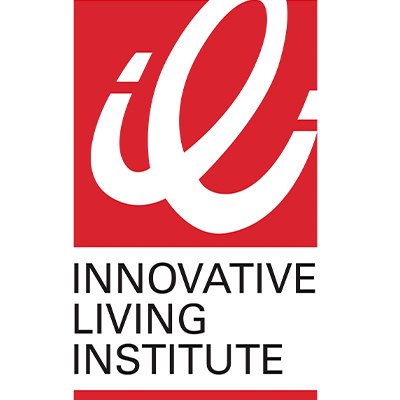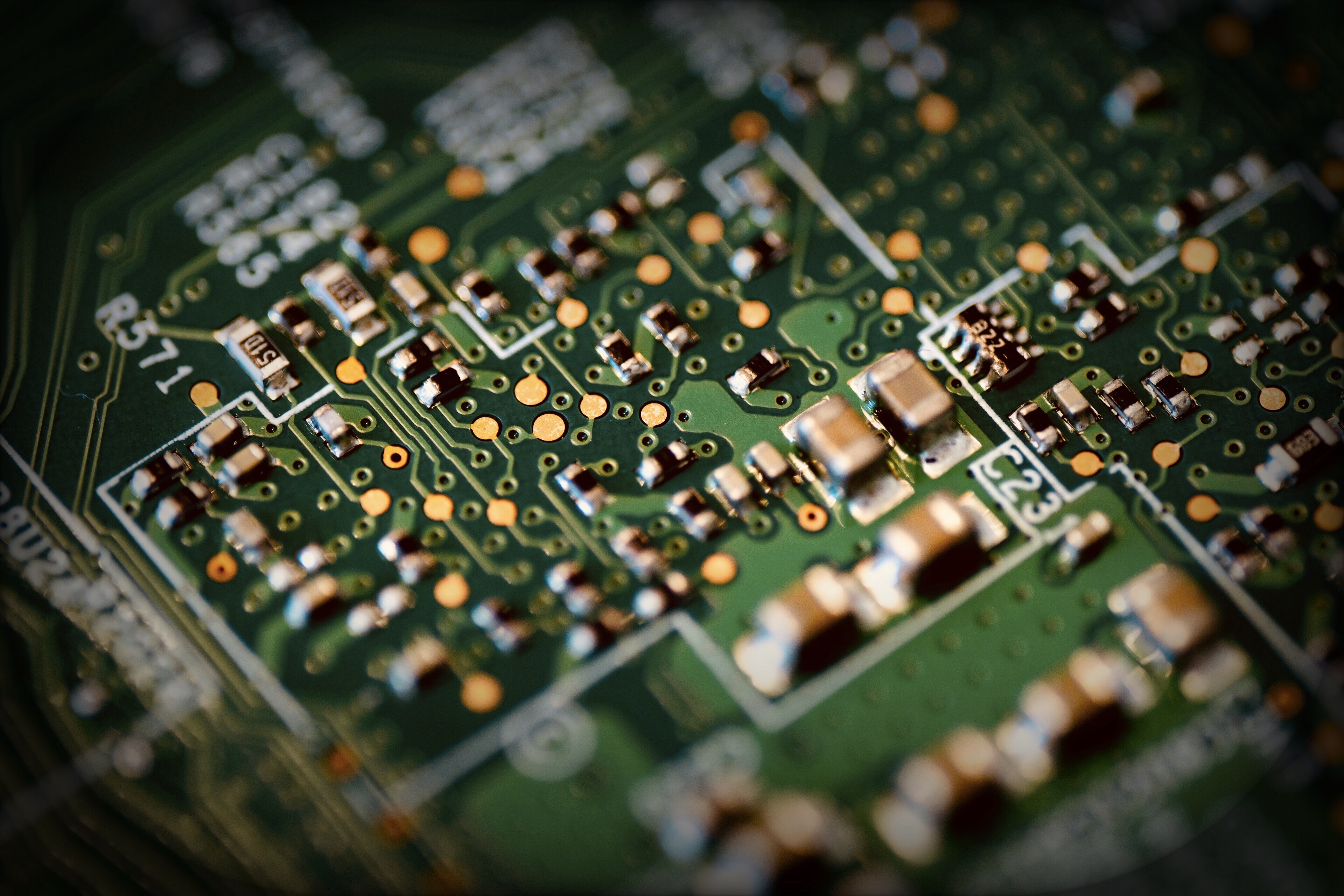Why this topic should concern us more
How beautiful and simple was the world when it came to solely getting faster and bigger? When quantities were the sole measure of things and growth the panacea of the economy? It is difficult to leave the learned system of thought.
Today, knowledge and information have become the capital of our society. Our technologies are also becoming increasingly intelligent. In order to increase our potential, we try to maximize the information available to us.
We are talking about IoT, Industry 4.0 & Co. The promising vision of a digital world that is difficult to realize in reality. Everyone is talking about it, but nothing is working to 100 percent yet.
The problem: with increasing data volume and interconnectedness, the complexity of the systems increases at the same rate. What looks promising in theory often turns out to be a greater challenge in practice. The amount of data to be transported and the necessary processes are becoming more and more extensive, susceptibility to faults is increasing and the energy inefficiency of devices and data centers is also constantly increasing.
Thus, the questions are allowed: Are our systems really becoming more intelligent, effective, efficient or even sustainable with increasing complexity and increasing data volumes? And what effects will this have on our society and our environment?
Three reasons why digital sustainability should concern us more by reducing complexity:
1. Energy consumption
Regardless of whether in private life or in the company. The information we think we need is getting more and more. But the collected data mountain contains a lot of useless ballast. Since this information is nevertheless included in many processes, our systems consume unnecessary amounts of computing power and energy. They are not only becoming slower, but also more environmentally unfriendly.
A study conducted by the Borderstep Institute in 2018 shows that the energy requirements of German data centers are constantly increasing. The consumption of the approx. 2.3 million servers in Germany rose from 10.5 billion kWh in 2010 to 12.4 billion kWh in 2017. 12.4 billion kWh roughly correspond to the electricity generated in Georgia in 2016. The study also shows that the share of energy demand accounted for by data storage is constantly increasing. And these figures refer only to Germany and only to data centers! Energy consumption will be many times higher for the sheer masses of terminal devices.
2. Waste of resources
Enormously shortened product life cycles of technologies have become the norm in our everyday lives. This applies in particular to new smartphones, tablets and laptops.
What is often ignored in our enthusiasm for new technologies is that hardware is becoming increasingly complex and short-lived due to increasing product capabilities and data volumes. As a result, our consumption of difficult disposable hardware is constantly increasing.
According to the Global E-waste Monitor 2017, 44.7 million tons of e-waste were produced worldwide in 2016, which corresponds to the weight of 4,500 Eiffel Towers – and rising!
If we look at the developments from the Cradle to Cradle (C2C) point of view, when need to reweight the problem area of “sustainability”. It is our responsibility to rethink product development in a completely new and appropriate way with regard to the energy used in production, the use of rare materials, logistical and packaging costs and the disposal problem of electronic scrap.
3. System risks
When purchasing Smart Devices, the question “What or how much can the device do” is a key aspect of decision making. Regardless of whether any application is ultimately needed or not. But is this an intelligent way to make purchasing decisions?
More system capabilities mean a higher complexity and thus a higher susceptibility to failure, an increased risk of security gaps and thus an increased unreliability of devices. In times where we are dependent on digital means, this unreliability represents an increasing risk for us.
Conclusion: Quality before Quantity
We quickly become enthusiastic about new technologies and the broad spectrum of possible applications, and in doing so we succumb to the obvious attraction of possibilities.
It is time to change our behavior, because in the future the responsible handling of complexity, the reflection on the meaningful, the relevant and not only on the technically feasible will be the basic materials of our efficient and sustainable knowledge society.
Authors: Prof. Elmar Schüller, Anna-Lena Seher

